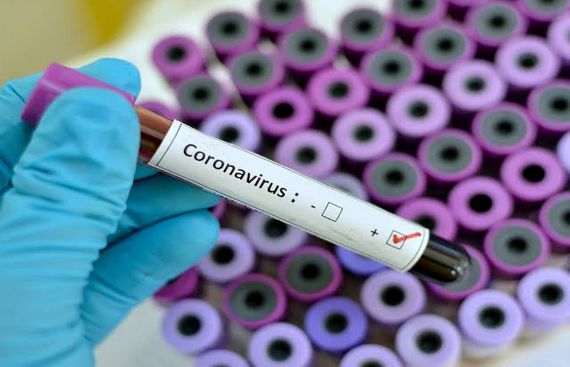Coronavirus: How Can Artificial Intelligence Make a Difference?

With over 500 confirmed cases across six countries, the outburst of the novel coronavirus has created an impact around the world. It was first identified in December of last year in the city of Wuhan, China. However, it is believed that the virus was originated from the seafood and others connected to the Huanan market.
Coronavirus has symptoms that include cough, sore throat, difficulty in-breath and a fever. As per the Chinese authorities, there have been 17 deaths in the Hubei province and the city of Wuhan has been locked down and transport links, all being suspended to contain the further spread of the virus. Cases have been reported in the US, Japan, Taiwan, South Korea and Thailand so far.
Artificial Intelligence is still in its early hours in the medicine and health sectors, but after analysing the big data, it is possible to learn about the different patterns regarding the health, location and climate. Thus, algorithms can be developed to identify the patterns in data and create predictive models for identifying the disease outbreaks that is going to happen in the future.
In 2018, Artificial Intelligence in the Medical Epidemics created a platform called ‘the Dengue Outbreak Prediction platform’, and it proved effective in outbreaks of other diseases as well. The platform has been very effective and was able to predict the outbreaks that would happen in Malaysia and Brazil three months ahead of time with an accuracy rate of 80 per cent. The organization is currently focusing on developing new algorithms for other diseases.
AI could predict the number of potential new cases by area and which all will be at risk. Hence, it can warn the travellers to take precautions by wearing masks and others. Also, social distances between cities, countries to control the spread of epidemics. It also helps in obtaining clinically related information from patients and others before and after. Mostly because, organizing humans into these situations are expensive and not easy, especially when it happens in countries which lack sufficient resources.
